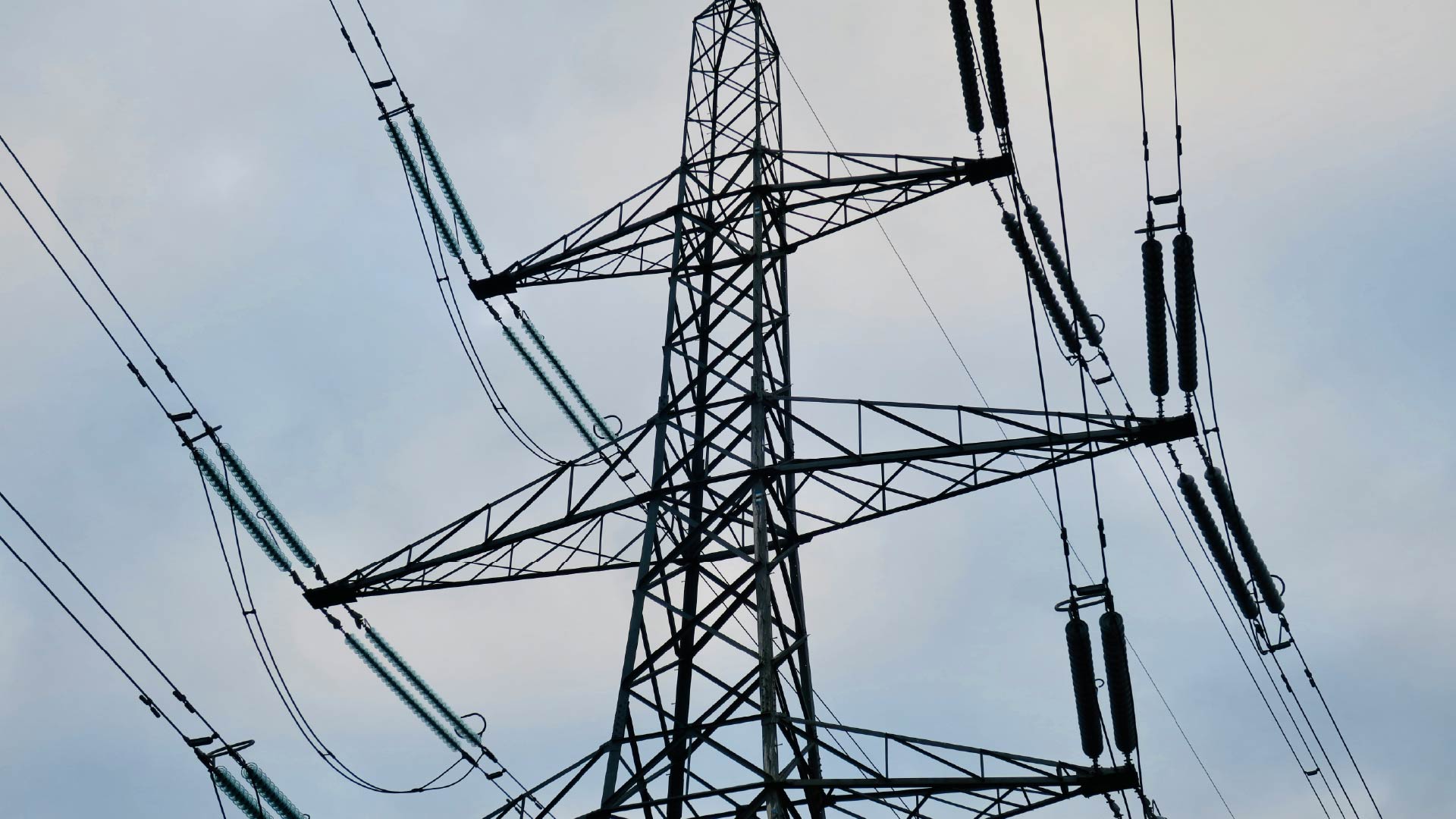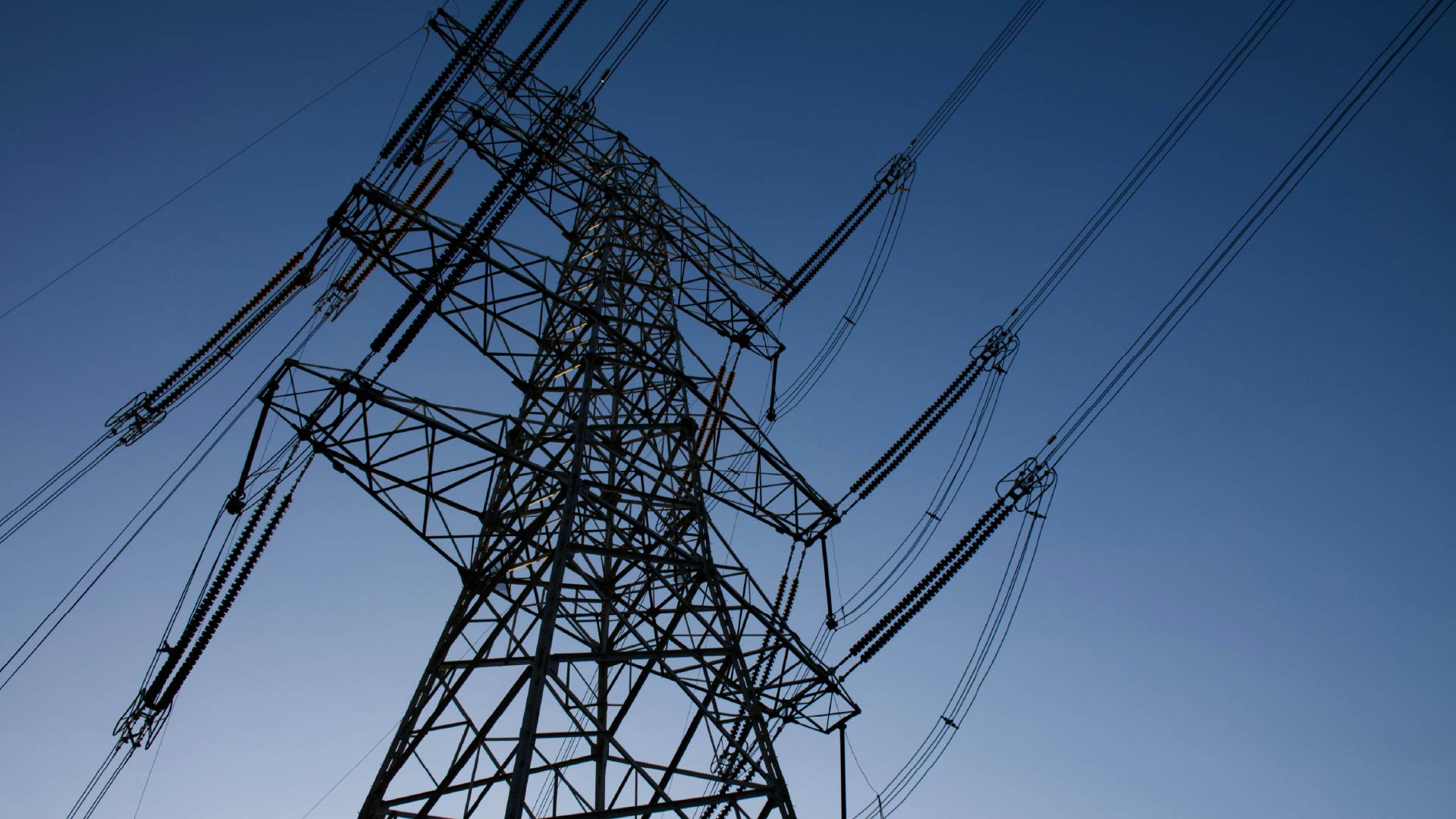SBTi Clarifies Land-Intensive Emissions, But Don’t Expect Much To Change

Alastair Foyn
The leading net zero standards organization, the SBTi, published in September 2022 tailored guidance for land-based emissions: the ‘Forest, Land and Agriculture (FLAG) Science-Based Target Setting Guidance’. The new guidance requires any company either operating directly within a FLAG sector, or with more than 20% of revenue/emissions across scopes 1, 2 and 3 originating within a FLAG sector, to set a ‘FLAG science-based target’ as well as the ‘non-FLAG’ target covering other emissions.
The SBTi’s made this move to respond to a lack of applications from FLAG-focused businesses, which have failed to submit targets relating to their land-based emissions due to the complexity of emissions sources. Activity within FLAG sectors is responsible for both carbon sequestration and carbon emission and therefore businesses have to track GHG flows in two directions. Agricultural activities also involve a range of GHGs aside from CO2 including methane and nitrogen oxide. Therefore, to account for land-based emissions, businesses would need to calculate net emissions across multiple GHGs using a large number of different emissions factors. As land-based emissions currently account for 22% of total GHG emissions and many companies in sectors like FMCG and discrete manufacturing rely on FLAG emissions for their scope 3 emissions abatement, this represents a problem area for global decarbonisation.
The guidance includes requirements such as setting near-term targets for the next 5-10 years that take GHG removals into account, long term targets to reduce emission by at least 74% by 2050, and zero deforestation targets for no later than 2025. The new framework also offers specific emission reductions pathways for ten key commodities accounting for large sources of land-based emissions.
With the new guidelines, the SBTi means well, but may have missed the core problem. The requirement to separate FLAG emissions from non-FLAG emissions will add further complexity to carbon accounting obligations. There is therefore a danger that the difficulty of meeting such ambitious targets, within near-term timeframes, may deter companies from setting science-based targets. In order to rise to this new standard, companies will need to engage with specialists offering Scope 3 or land-based emission expertise such as Intellync from AB Agri, Ecometrica and South Pole.
About The Author

Alastair Foyn
Analyst





